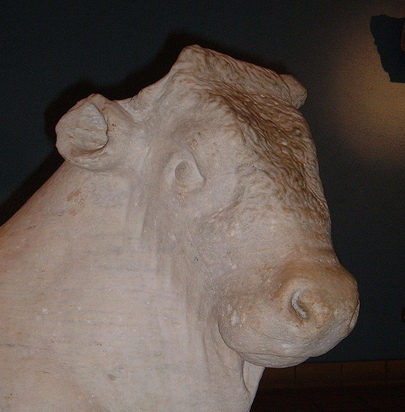I was aware that Melvil Dewey, serial nutcase and occasional librarian, had dipped into spelling reform (he even changed his name to Melvil Dui) but last week I had the opportunity to catalogue a 1922 edition of the Dewey classification printed entirely using reformed spelling. The title page, for example, reads:
Decimal Clasification
and
Relativ Index
for libraries and personal use
in arranjing for immediate reference
books, pamflets, clippings, pictures, manuscript notes
and other material
by
Melvil Dewey M A LL DEdition 11, revized and enlarjd
A note on page 2 explains that the book uses the spelling recommended by the Simplified Spelling Board as well as many other simpler forms. Most S S B rules and our aditions merely drop useless or misleading silent letters, with needed substitutes in a few cases, e.g. f for ph and gh in phlegm and rough, where we drop g and o and substitute f, speling flem and ruf.
A better sample is given in the following notice on Modifying D C numbers which although forward looking in its attitude to copyright is backward-looking in its contribution to standardization and international bibliographic control:
Confuzion and annoyance to thousands of uzers cauzd by printing unauthorized variations force the publishers to insist strictly on ful copyryt protection. Every library and individual uzer has, however, entire freedom to make such variations as he thinks he needs, under the simpl restrictions found necesary to protect the ryts of others. See p. 32-249, Letter or simbol notations for chanjes or aditions.
I want to offer this up as an interesting curiosity rather than get too involved in discussion of reformed spelling, but several things occur to me. The system seems very unsystematic and, if anything, coy and rather ad hoc: why are double letters allowed in annoyance and clippings but not in necesary; why in the latter word is one sound represented two different ways: by a letter c then by a letter s; why in the word copyryt does the y represent two different sounds? Strange things like -tion endings remain: shurely should be -shun. Anyway, the modern movement for such things seems to revolve around the Simplified Spelling Society. Ask them.
Looking at Dewey’s entry in Wikipedia, I learnt that one of his apparent improvements was the American spelling of the word catalog, as opposed to the correct catalogue. I never knew this. Not the greatest contribution to standards when we think of the convolutions and wildcards necessary to search effectively on modern catalogues (catalog*s) and databases.
